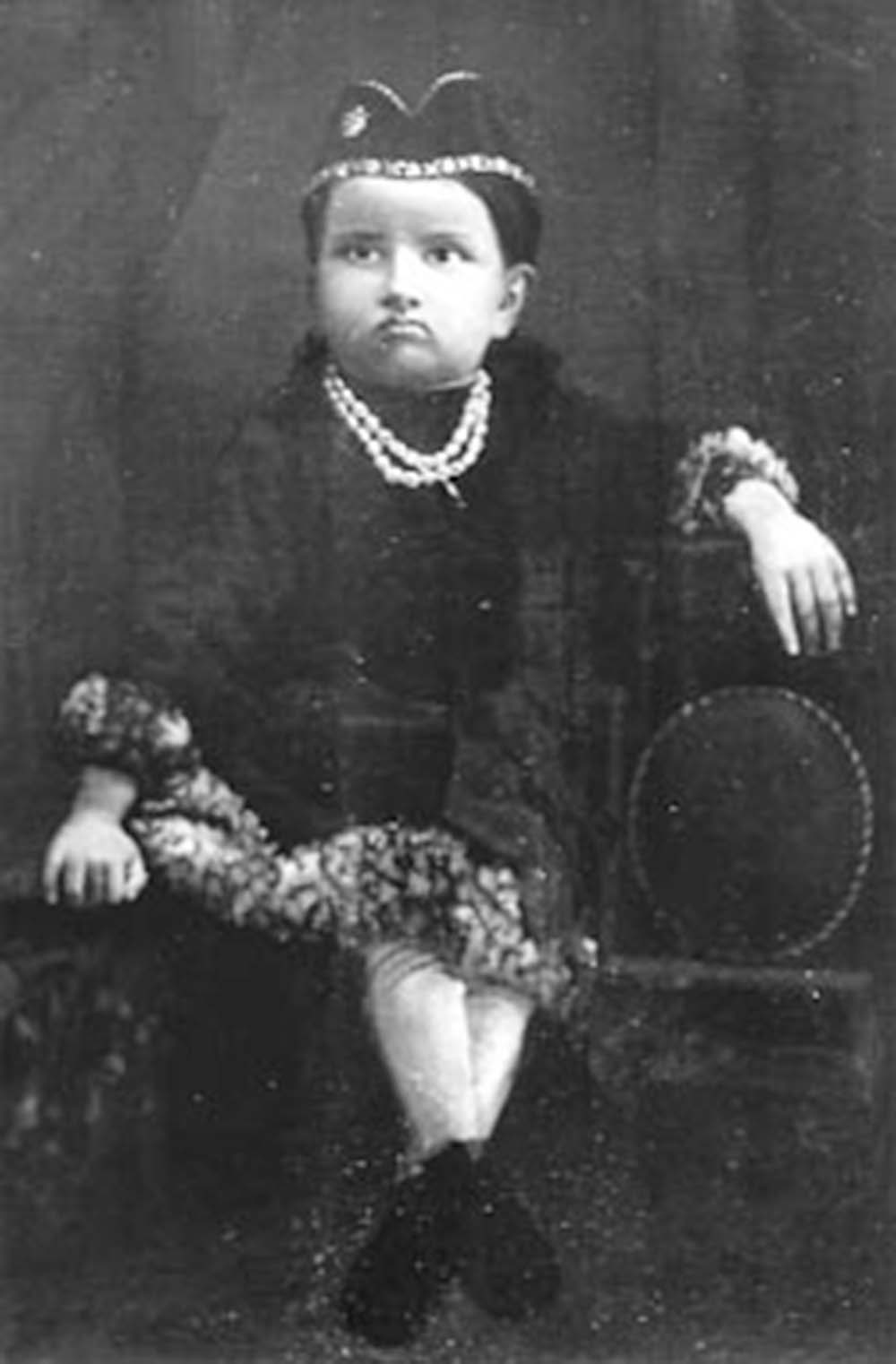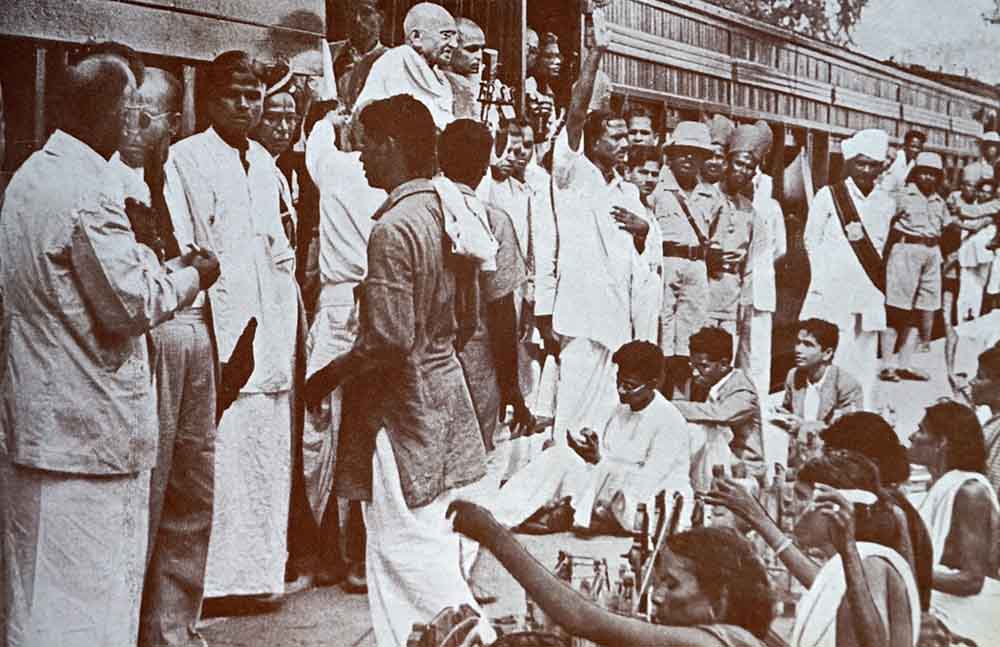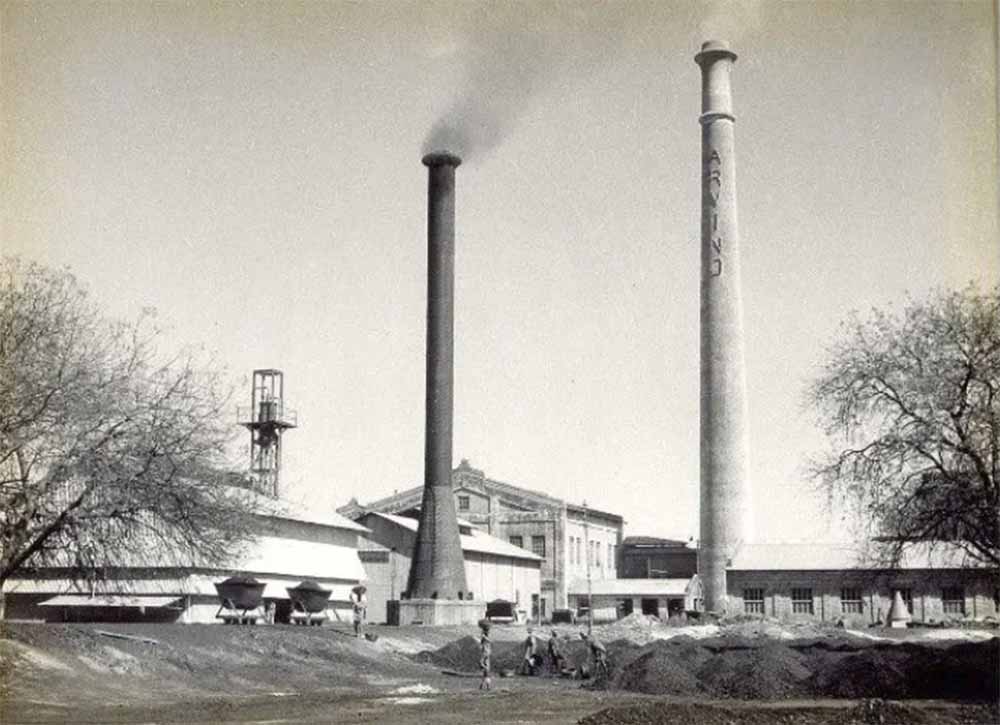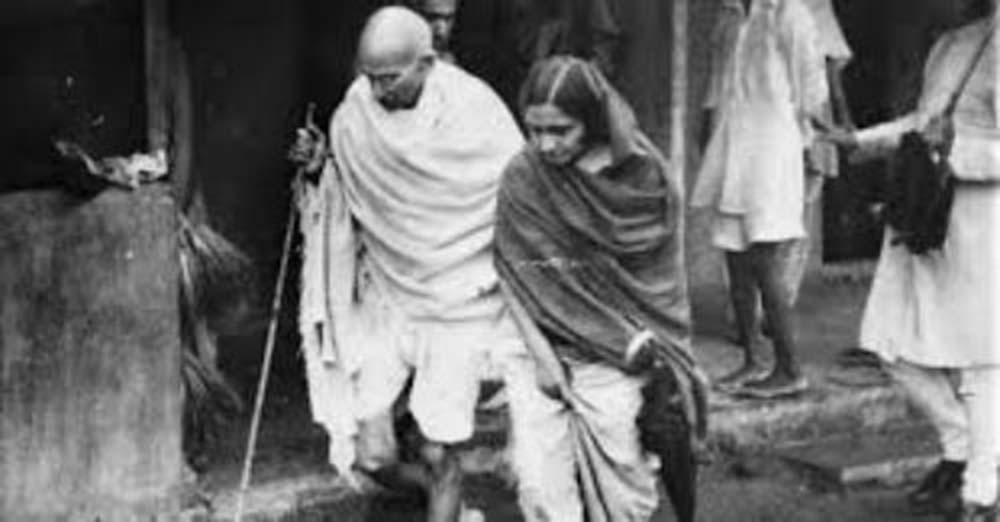Every year on May 1, the world comes together to celebrate International Worker’s Day, also known as Labour Day. This day recognises the contributions of workers, advocating for their rights and well-being. It is also a time to remember the incredible story of Anasuya Sarabhai, affectionately known as ‘Motaben’ (meaning elder sister in Gujarati), who played a pivotal role in India's labour movement.

Motaben was born in 1885, into the affluent Sarabhai family, renowned for their industrial empire spanning textiles, soaps, oils, and more.
However, her privileged upbringing was overshadowed by tragedy when she lost her parents at the tender age of nine. Left under the care of her uncle, Chimanbhai Sarabhai, she was denied formal education and married off at the young age of thirteen, facing the challenges of an unhappy union before bravely seeking divorce—an act of defiance in a society steeped in tradition.
Motaben's determination led her to England in 1912, where she pursued higher education from London School Of Economics. It was during her time abroad that she witnessed firsthand the burgeoning labour movements and socialist ideals that would shape her future endeavours.

Her awakening came during the 1914 plague outbreak in Ahmedabad, where she witnessed the dire conditions of mill workers.
Motaben was a transformed woman, driven by a passion for social reform. Inspired by her experiences abroad, she dedicated herself to improving the lives of mill workers, who toiled under gruelling conditions in her family's factories. She established schools, creches, maternity homes, and hostels, laying the foundation for a lifetime of advocacy.
Motaben fearlessly organised strikes, demanding better treatment and wages for workers, despite opposition from her own brother Ambalal Sarabhai, who led the Mill Owner’s Association. She remained steadfast in her resolve.
Supported by Mahatma Gandhi, Motaben's leadership led to the formation of the Majdoor Mahajan Sangh, later known as the Ahmedabad Textile Labour Association (TLA), marking a milestone in India's trade union movement. Her tireless efforts paved the way for future leaders like Elaben Bhatt, who founded the Self-Employed Women’s Association of India (SEWA).

Motaben's legacy transcends generations. Even after her passing in 1972, her impact remains indelible.
On this International Labour Day, let us remember Anasuya Sarabhai, a leader who defied odds and championed the rights of workers, leaving an enduring mark on India's history.

(Image Credit: The Sunday Tribune, WIkimedia Commons, Timesnext)